Malaysia's Finance Minister II, Amir Hamzah Azizan, attributed the country's resilience to the 24% reciprocal tariff imposed by the United States in April 2019 to its diversified trade ties and measured response to the move. Speaking at the Fortune Innovation Forum in Kuala Lumpur, Azizan stated that Malaysia did not panic when the U.S. imposed the Liberation Day tariffs, which affected many major exporting economies.
According to Azizan, Malaysia's broad trade ties with countries such as Singapore, China, and the United States helped the country withstand the shock from the U.S. tariffs. He noted that no single market accounts for more than 30% of Malaysia's exports, which he said contributed to the country's ability to absorb the impact of the tariffs. "We weren't going out there and saying I'm going to reset my growth targets," Azizan said, highlighting the government's measured response to the U.S. tariffs.
Malaysia's Prime Minister, Anwar Ibrahim, had criticized the U.S. decision to impose tariffs on Malaysian exports but declined to take retaliatory action against the United States. Instead, Ibrahim sought to build a united Southeast Asian response to Washington's moves. Azizan's comments suggest that the Malaysian government's approach to the U.S. tariffs was to minimize the impact on the economy rather than engaging in a trade war.
The U.S. tariffs were part of a broader protectionist agenda pursued by the Trump administration, which aimed to reduce the U.S. trade deficit and promote American industries. The tariffs imposed on Malaysia and other countries were seen as a key component of this strategy. However, the move was widely criticized by many countries, including those in Southeast Asia, which argued that the tariffs would harm their economies and disrupt global trade.
Malaysia's experience in dealing with the U.S. tariffs has been seen as a model for other countries in the region. The country's diversified trade ties and measured response to the tariffs have helped to minimize the impact on its economy. As Azizan noted, Malaysia's broad trade ties have enabled the country to absorb the shock from the U.S. tariffs and continue to grow its economy. The country's experience has also highlighted the importance of diversification in trade and the need for countries to be prepared for unexpected shocks in the global economy.
In the aftermath of the U.S. tariffs, Malaysia has continued to pursue its economic growth agenda, with a focus on diversifying its trade ties and promoting domestic industries. The country's economy has continued to grow, albeit at a slower pace than in previous years. As the global economy continues to evolve, Malaysia's experience in dealing with the U.S. tariffs serves as a reminder of the importance of diversification and measured response in navigating the complexities of global trade.
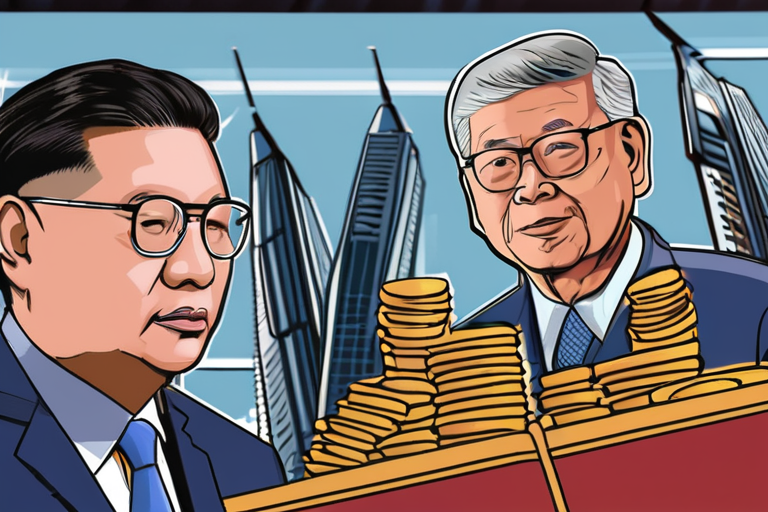



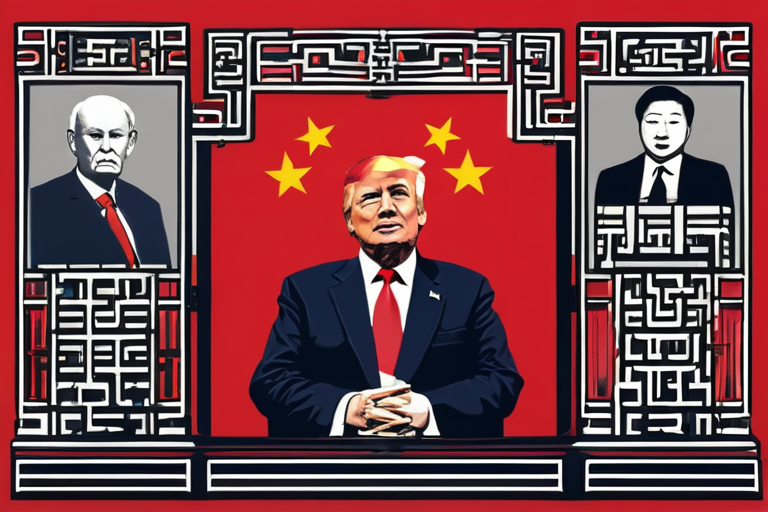
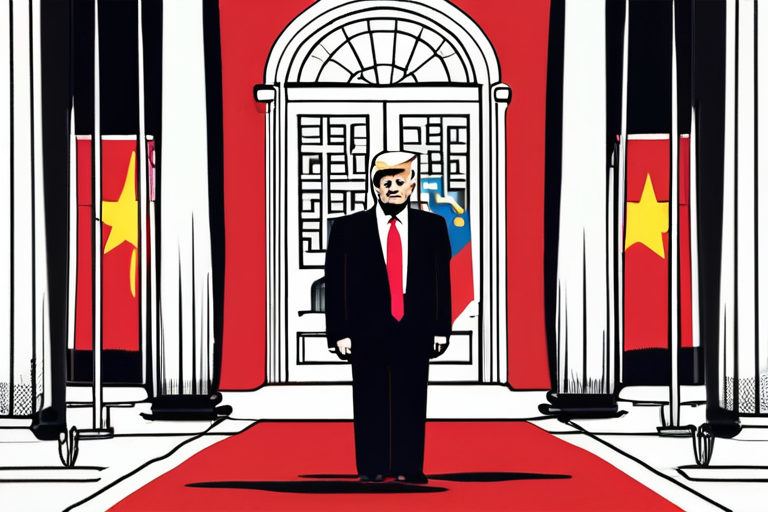

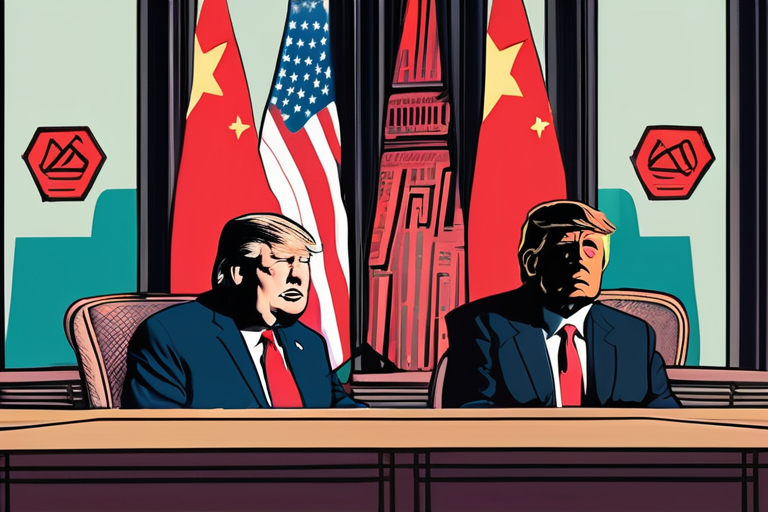
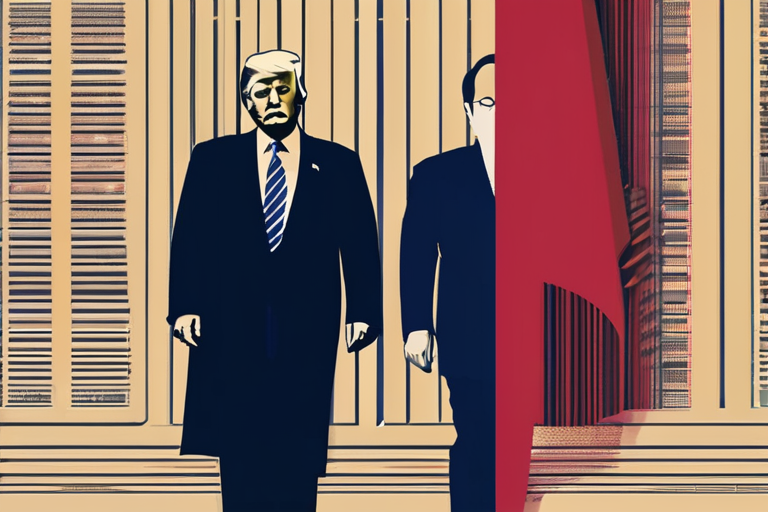


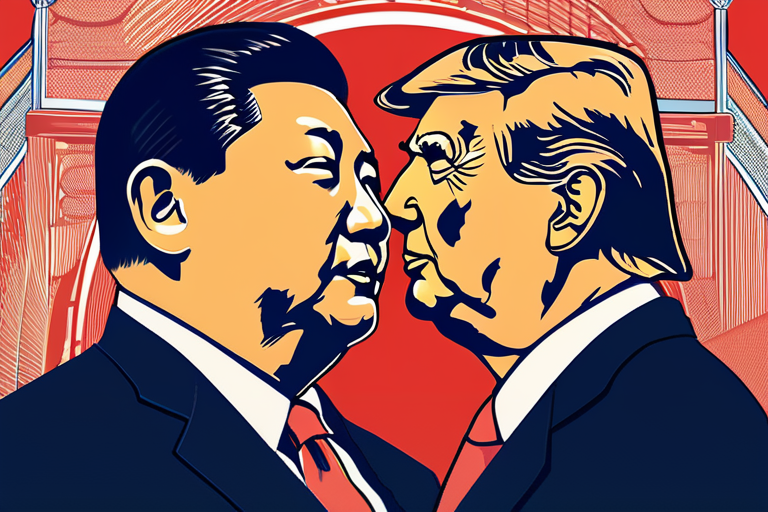

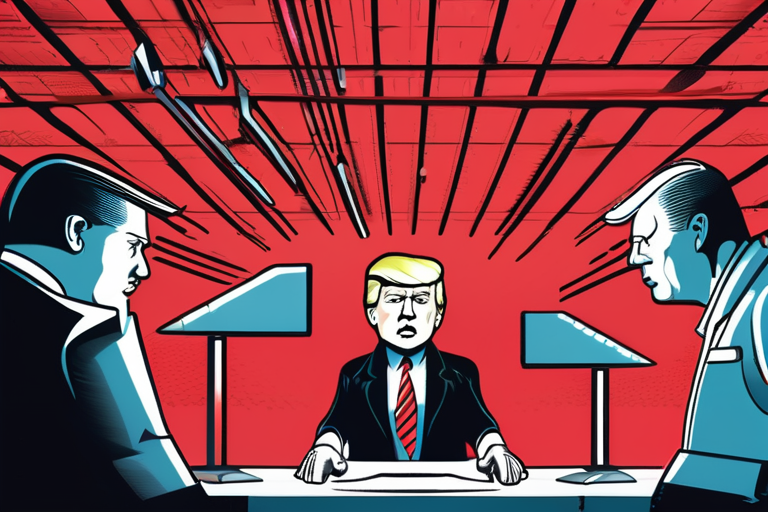

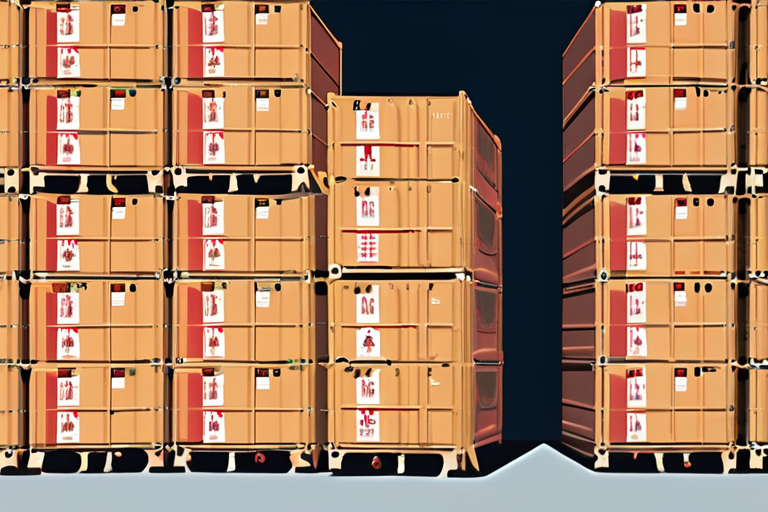

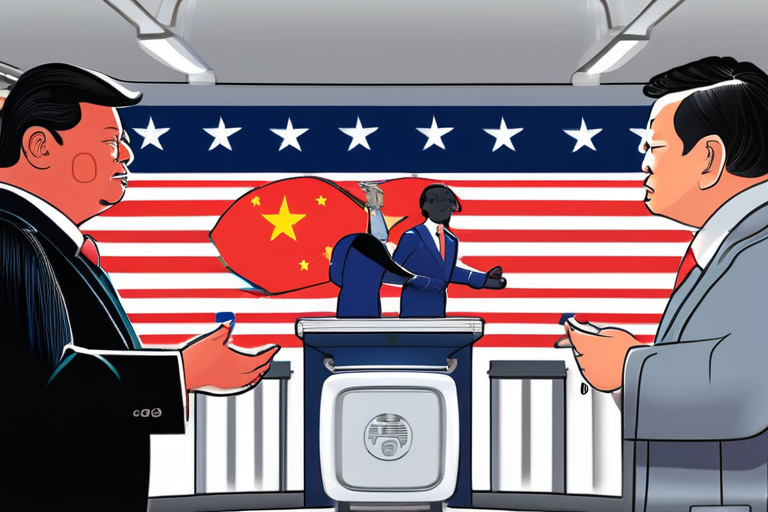
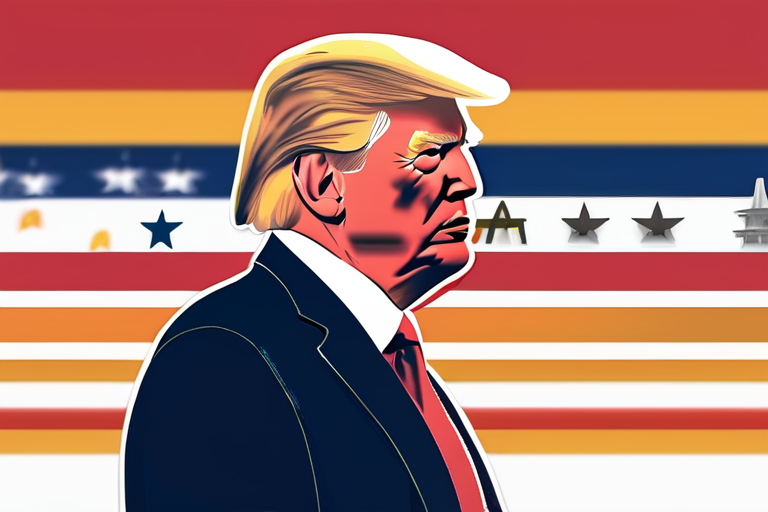

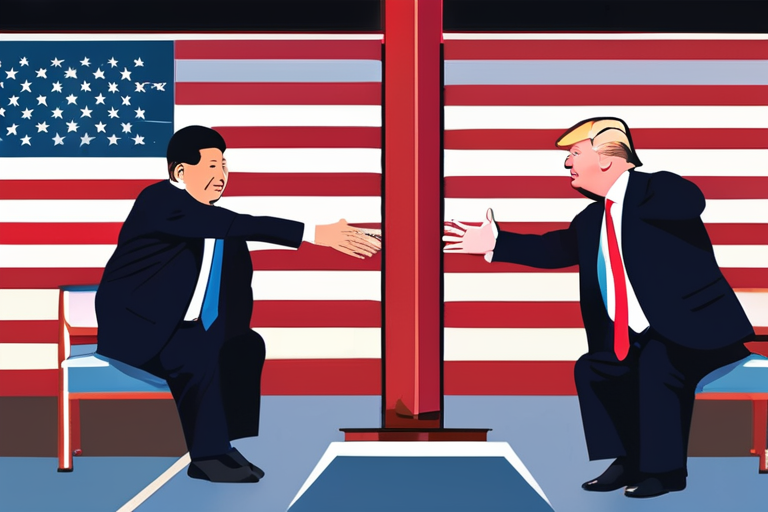
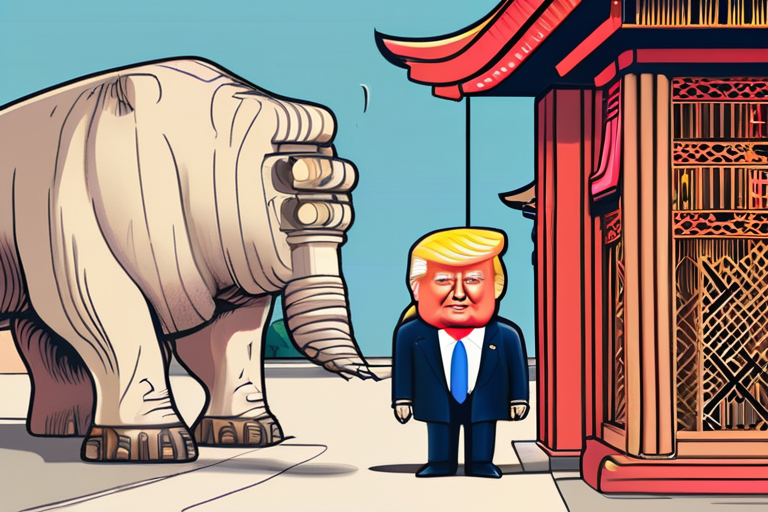
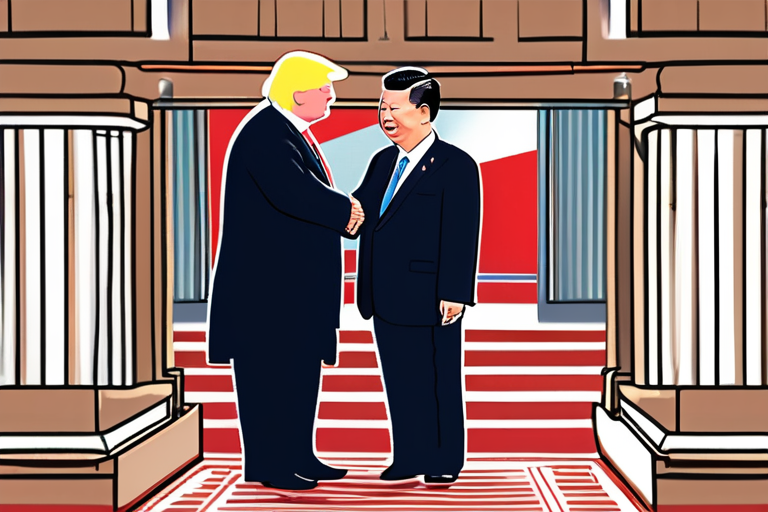

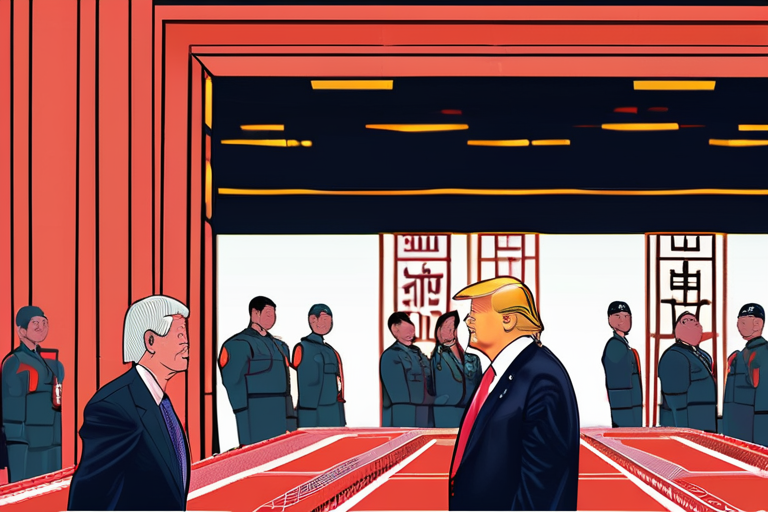
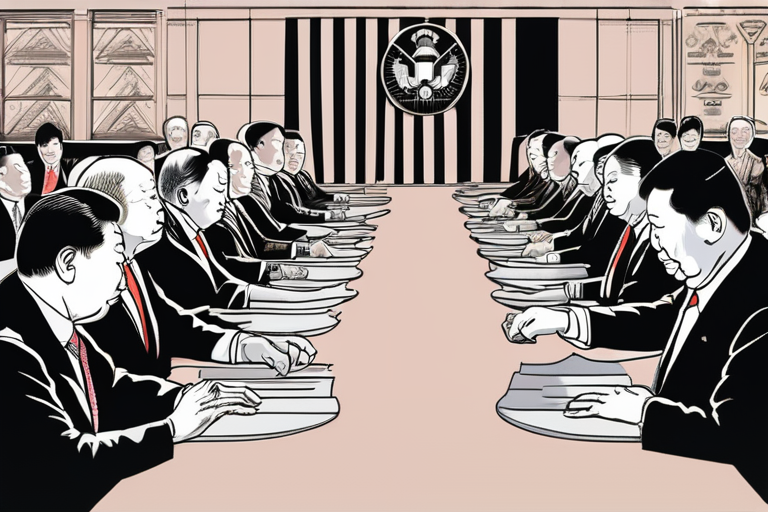

Share & Engage Share
Share this article